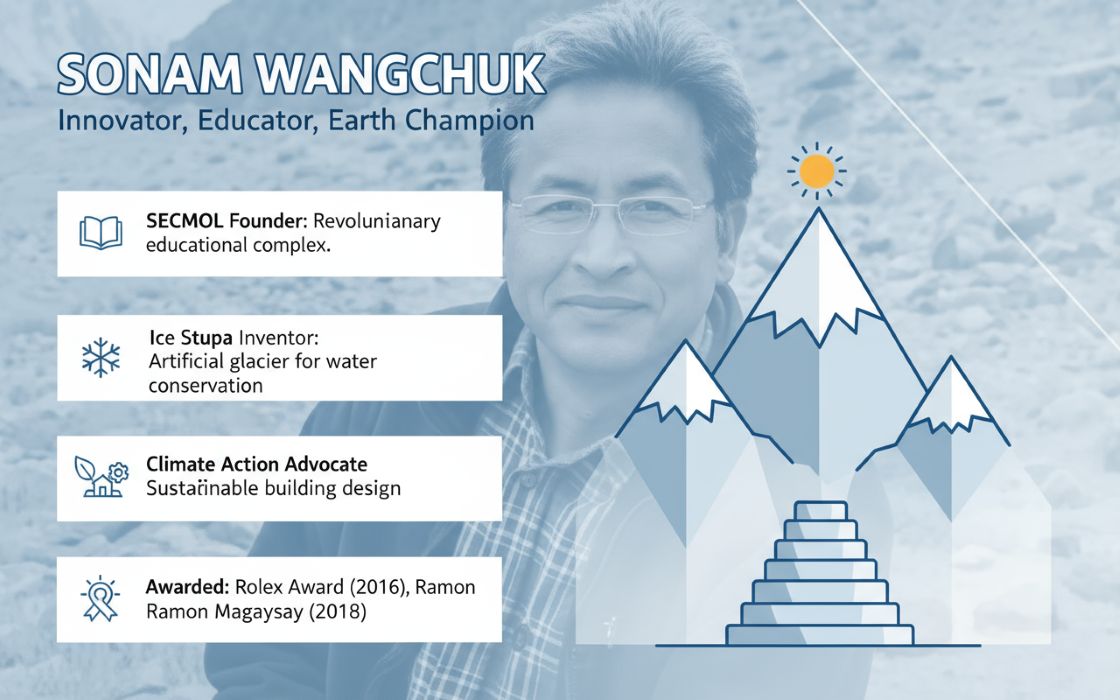New Delhi, 30 October 2020: With the prime focus on health, education and livelihood of the underprivileged in the community, Tata Power has spent Rs 3.80 crore on various CSR projects for financial year 2019-20. This year, the company has spent more than its prescribed limit.
Based in Mumbai, Tata Power is an Indian electric utility company and is part of the Tata Group. The core business of the company is to generate, transmit and distribute electricity.
The average net profit of the company for the last three financial years stood at Rs 152.17 crore. The prescribed expenditure for the company’s CSR activities was thus calculated as Rs 3.04 Crore. The prescribed CSR budget of a company is calculated as 2% of the average net profit of the past three years. However, the company has spent Rs 3.80 crore which is more than the prescribed limit.
"In line with the Tata group ethos, we, at Tata Power, believe in improving the quality of life of our communities and being a neighbour of choice by implementing strategic CSR initiatives," the company said in its annual report.
The company’s CSR Committee is led by Anjali Bansal and other members include KM Chandrasekhar and Praveer Sinha.
Expenditure summary:
| Projects | Amount Spent (in Rs Crore) |
| Education | 0.59 |
| Livelihood and Skill Development | 1.65 |
| Water (Drinking & Irrigation) | 0.21 |
| Health & Sanitation | 0.35 |
| Financial Inclusivity | 0.85 |
Key highlights of CSR programs
The CSR initiatives of the company covered 14.06 lakh beneficiaries across 165 locations in Maharashtra and Gujarat.
Education: Over 89,282 students were covered under e-Vidya (Digital Learning) and Vidya Sagar (Remedial Coaching) across all locations. About 60% overall academic performance improved through various education initiatives from Digital learning to teachers training.
Health and sanitation: Over 2.37 lakh women and children were covered under maternal and child health initiatives. The prime focus was on adolescent girls and youth to enhance awareness on life skill education and anaemia control. Collaboration with stakeholders and government to promote sanitation resulted in improvement in adoption of best sanitation practices by the community. This year 1,169 camps are organised and approximately 21,625 patients are treated through MMU services.
Livelihood and skill development: Over 1.01 lakh impacted through farmed and non-farmed based livelihood initiatives. Under Samriddhi, farm based agriculture initiatives across locations with focus on vermi-compost, mushroom cultivation, shrimp and Bombay duck farming, horticulture promotion, sustainable agri practices and establishment of knowledge dissemination centre for farmers across all locations covering farmers/fishermen.



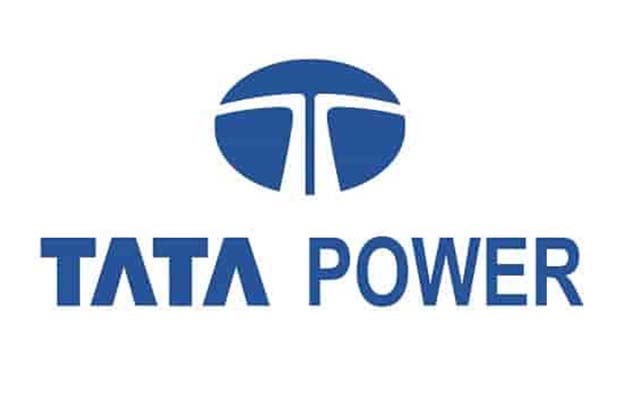


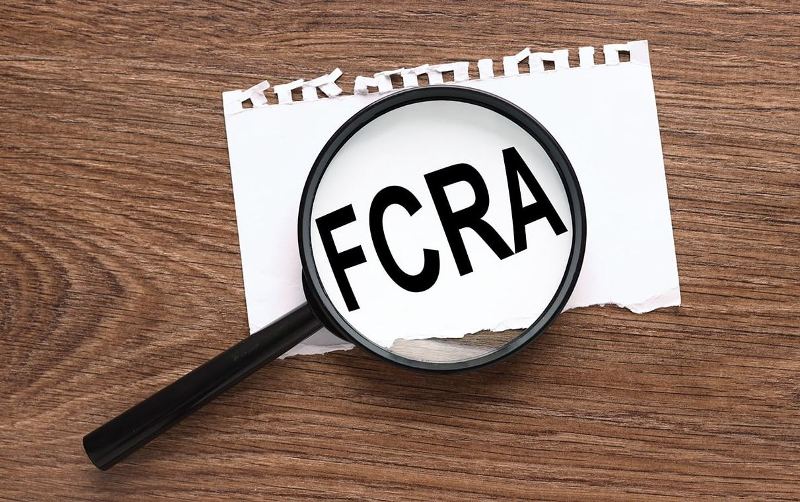
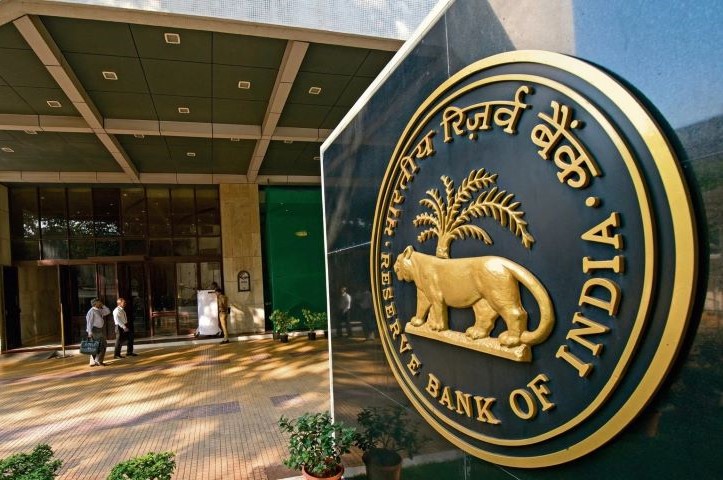
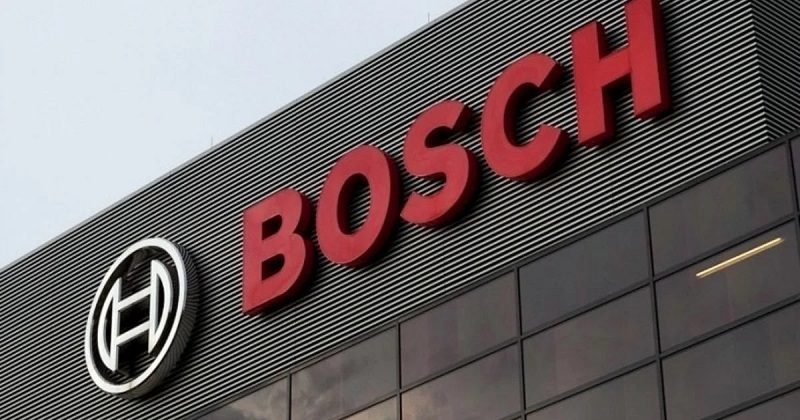
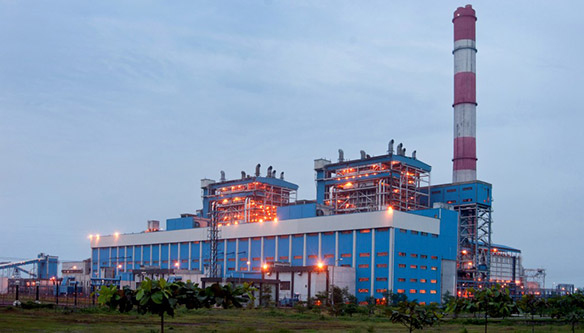

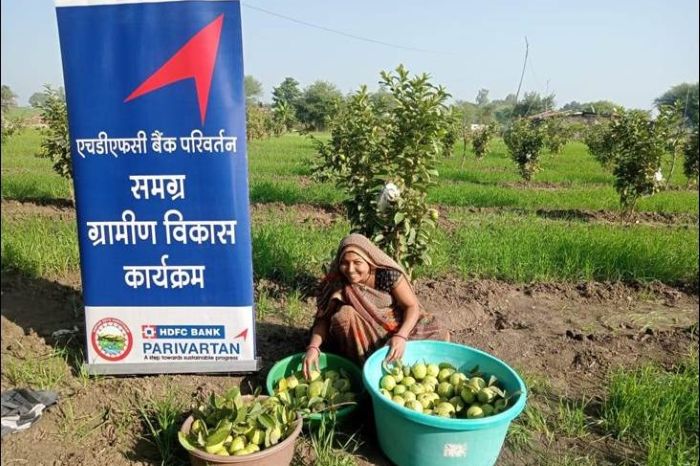
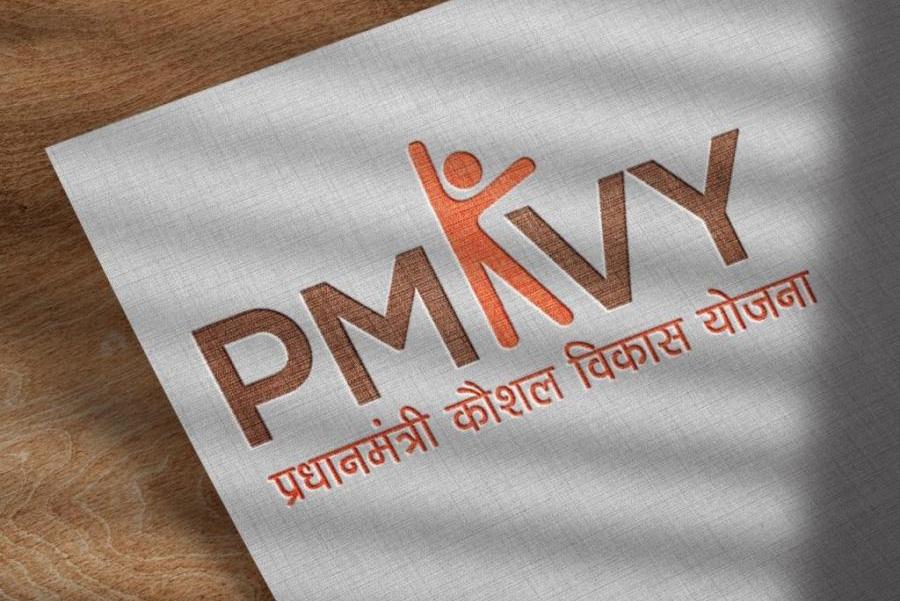
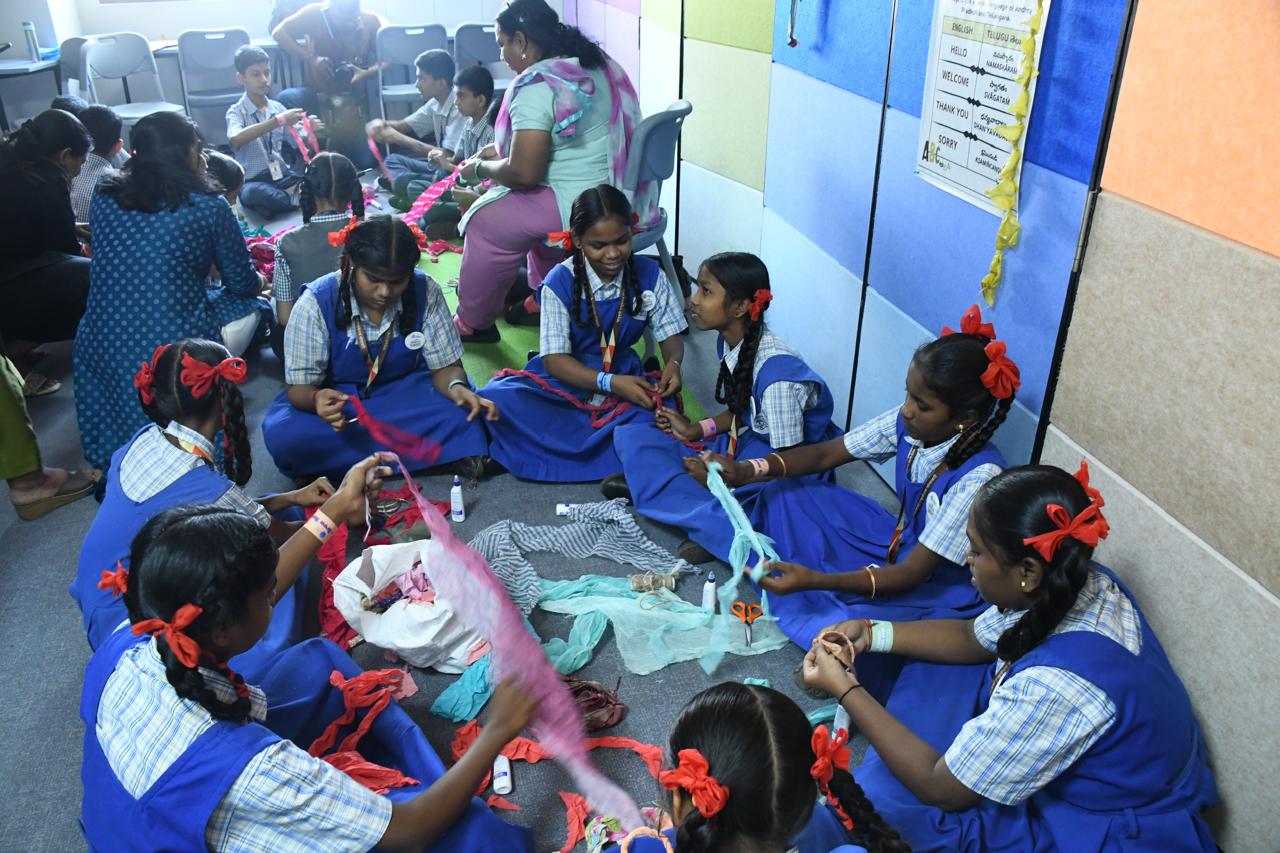

.jpg)

